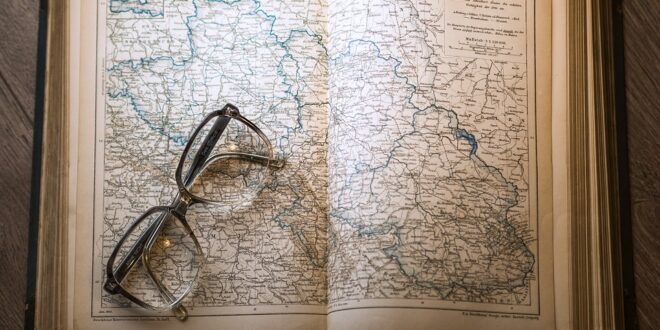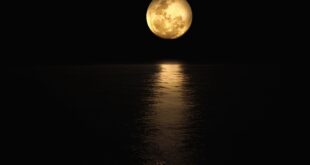Exploring the rich history of literature from Shakespeare to Salinger
The early formation of literature – Shakespeare and beyond
The art of storytelling has been prevalent for centuries, and it was during the construction of theaters in England in the 16th century that we saw the evolution of the written word as we know it. Renowned writers such as William Shakespeare and Christopher Marlowe were some of the first creators to put their hard work and soul onto paper that was then performed on stage. Their writing style and the substance of their content were unparalleled for their time, with Shakespeare going on to command immense admiration even after centuries.
The Romantic era – Byron and Shelley
The 19th century ushered in the era of Romanticism with its emphasis on emotions and heightened passion. Characters were defined to be free of societal stigmas and the works written portrayed a sense of rebellion against established norms. Writers such as Percy Bysshe Shelley and Lord Byron utilized their artistic gifts to bring about movements of social change, with Shelley’s “Prometheus Unbound” calling out the oppressors of society and Byron’s “Don Juan” defying religious dogmas.
The Modern period – Hemingway and Fitzgerald
The early 20th century was characterized as being the ‘Roaring Twenties’ with an air of extravagance, decadence, and women being granted newfound independence, their voices resonating towards fighting equality. Into this scene, come the works of Scott F. Fitzgerald whose book ‘The Great Gatsby,’ vibrantly depicts the wild flapper era. The era had Ernest Hemingway writing tales of bravery and tales of grief.
The Contemporary era – Salinger
Following on from the Modern era is the Contemporary era, wherein came forth especially thrilling suspenseful stories. J.D. Salinger during that phase, refused to give his up artistic independence and instead chose to bring about a layered narrative in works such as ‘The Catcher in the Rye’, defying traditionalist patterns of seeing life only one way.
Takeaways from the History of Literature
The history of literature manifests and proves the ability of telling a story, expressing ideas that influence humans. Writing such materials are used in understanding popular cultures across time periods, opinions making its brand when no other avenue is available. Stories that concern themes of humanity have roots seeped in collective experiences across everybody through history indigenously, in presenting an evergreen way to air philosophy, questions, and deep contemplations that deliver appreciation of what constitutes humankind. Literary narratives remind us, people, that as we burst into the next of travel between history threads, that the genius of the mastered, interpreted impatience as always, it should likely dot a file of repeating staying power.
 Mind Uncharted Explore. Discover. Learn.
Mind Uncharted Explore. Discover. Learn.



